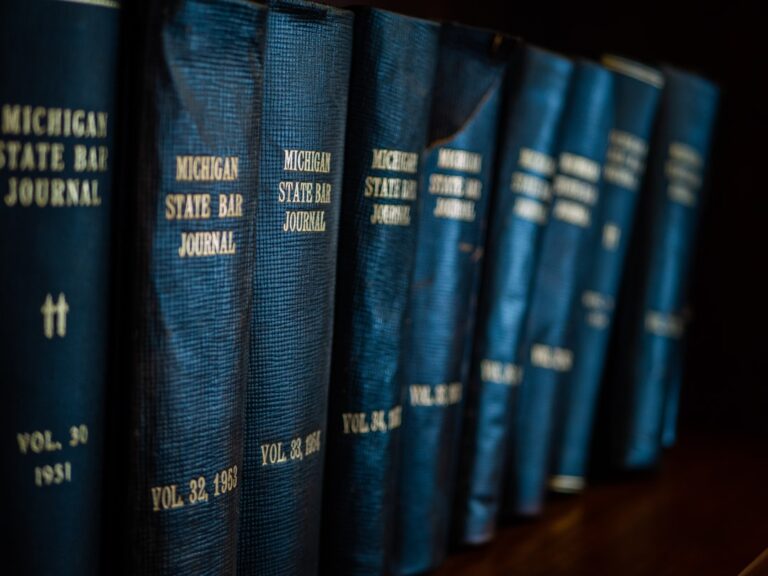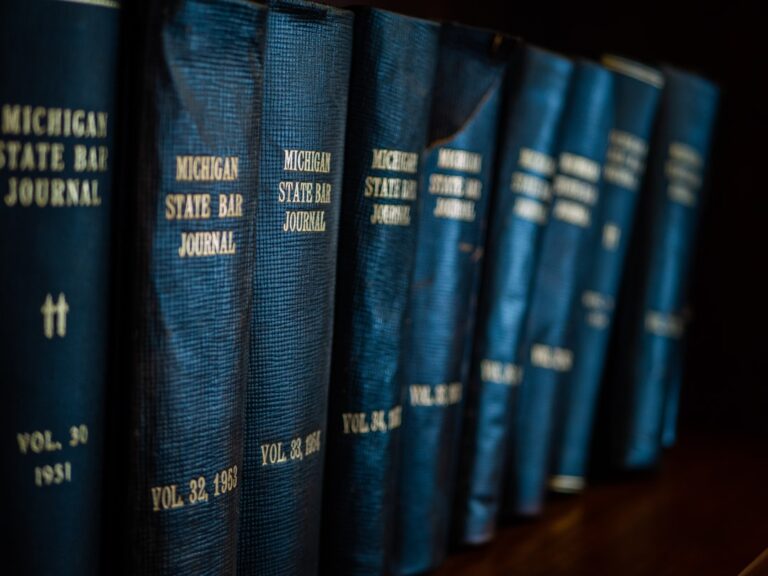Philadelphia nursing homes face heightened scrutiny for institutional sexual abuse, leading to legal consequences. A study reveals high rates of harassment/assault among residents. Specialized sexual abuse law firms in Pennsylvania play a crucial role by holding institutions accountable through strategic litigation, as seen in a successful case against a prominent chain. Expert recommendations include comprehensive staff training, robust reporting, and community education. Legal processes involve complex Pennsylvania laws, with firms guiding victims and navigating statutes of limitations. Key indicators of abuse include unusual interactions between staff and residents. Prompt legal counsel is vital to ensure justice and accountability for nursing homes protecting vulnerable residents.
The issue of institutional sexual abuse within Philadelphia nursing homes is a pressing matter demanding immediate attention and expert intervention. As trusted caretakers, these facilities have a moral and legal obligation to protect vulnerable residents from harm, including sexual exploitation. Unfortunately, instances of abuse persist, often due to inadequate oversight and a lack of robust legal frameworks. This article delves into the complex landscape of institutional sexual abuse, highlighting the challenges faced by victims and families in seeking justice. A specialized sexual abuse law firm in Pennsylvania offers a crucial solution, providing legal expertise to hold accountable those responsible for these heinous crimes and ensuring a safer future for nursing home residents.
Understanding Institutional Sexual Abuse in Philadelphia Nursing Homes

Philadelphia nursing homes have faced increasing scrutiny for instances of institutional sexual abuse, leading to significant legal ramifications. This complex issue involves not only the violation of vulnerable residents’ rights but also the systemic failures within these facilities. Sexual abuse in long-term care settings often goes unreported or undetected due to various factors, including power dynamics between staff and residents, lack of oversight, and a culture of silence. According to a study by the Philadelphia Department of Public Health, nearly 1 in 5 nursing home residents experienced some form of sexual harassment or assault within the past year, highlighting the urgency for comprehensive solutions.
A sexual abuse law firm in Pennsylvania has been at the forefront of addressing these issues, taking on cases that involve neglect and exploitation within the city’s nursing homes. These legal professionals understand the intricate challenges associated with institutional sexual abuse, including the emotional trauma suffered by victims and the complex web of regulations governing long-term care facilities. By employing strategic litigation, they aim to hold institutions accountable, encourage systemic change, and provide justice for affected individuals. For instance, a successful case against a prominent Philadelphia nursing home chain resulted in improved safety protocols and increased scrutiny of staff backgrounds, setting a precedent for enhanced protection measures across the industry.
Expert analysis suggests that effective prevention strategies must include comprehensive training for staff, robust reporting mechanisms, and regular audits. Residents’ privacy and autonomy should be paramount, with clear policies addressing consent and personal boundaries. Additionally, community engagement and education can foster a culture of awareness and accountability, empowering both residents and their families to recognize and report suspicious activities. The Philadelphia legal community’s response to institutional sexual abuse reflects a commitment to upholding the highest standards of care and justice within the city’s nursing homes.
Legal Framework for Nursing Home Sexual Abuse Cases in Pennsylvania

The legal landscape surrounding institutional sexual abuse in Philadelphia nursing homes is complex and critically important to understand for both victims and legal professionals. In Pennsylvania, sexual abuse law firms play a pivotal role in advocating for those affected by such heinous acts within care facilities. The state’s sexual abuse laws are designed to protect vulnerable populations, particularly the elderly, who may be unable to consent or report abusive behavior. Key statutes include the Sexual Offender Registration and Notification Act (SORNA) and the Pennsylvania Criminal Code, which outline the legal definitions and penalties for sexual assault, including instances occurring in nursing homes.
When pursuing legal action against a nursing home for sexual abuse, it is crucial to consider the statute of limitations, which varies depending on the type of case. A sexual abuse law firm in Pennsylvania will be well-versed in these time frames, enabling them to ensure that any lawsuit is filed within the prescribed period. For example, in cases involving children or individuals deemed incompetent, the statute of limitations may be extended, providing a longer window for victims to come forward. Expert legal counsel can navigate these complexities, gathering evidence and interviewing witnesses to build compelling cases that hold accountable those responsible for such abuse.
Furthermore, Pennsylvania’s sexual abuse laws emphasize the duty of care institutions owe to their residents. Nursing homes are required to implement policies and procedures to prevent sexual misconduct by staff or third parties. Legal actions often focus on establishing a breach of this duty, especially when facilities fail to conduct proper background checks, provide adequate training, or take prompt action in response to allegations of abuse. By holding nursing homes accountable for their failure to uphold these standards, legal strategies aim to deter future instances of sexual abuse and ensure that victims receive the justice and compensation they deserve.
Recognizing Red Flags: Identifying Potential Abusers and Victims

Recognizing red flags is a critical step in combating institutional sexual abuse within Philadelphia nursing homes. This process requires a meticulous examination of behaviors, patterns, and interactions that may signal potential abuse or exploitation. Expert analysts from a sexual abuse law firm in Pennsylvania emphasize the importance of looking beyond isolated incidents and focusing on recurring themes. For instance, repeated inappropriate physical contact, especially in vulnerable areas, should raise immediate concerns. Similarly, attempts to isolate residents from family and friends, changes in behavior or mood following staff interactions, and unusual gifts or favors exchanged between staff members and residents are all potential indicators.
Nursing home administrators and staff play a pivotal role in identifying these red flags. They must be trained to recognize not only physical signs of abuse but also psychological manipulation and financial exploitation. For example, a resident’s sudden withdrawal from social activities or expressions of fear or discomfort around specific staff members could suggest underlying issues. Additionally, any discrepancies in financial records, such as unexplained withdrawals or large sums transferred to staff members, should prompt immediate investigations. A sexual abuse law firm in Pennsylvania recommends regular training sessions and workshops for nursing home staff to enhance their ability to detect and report suspicious activities.
Effective identification of potential abusers and victims requires a comprehensive approach. This includes implementing robust reporting mechanisms, encouraging open communication among residents, family members, and staff, and fostering a culture of transparency. For instance, anonymous tip lines or confidential hotlines can provide valuable insights into possible abuse scenarios. Furthermore, regular visitor days and community engagement initiatives can help build trust between residents, their families, and the nursing home administration, making it easier to identify and address suspicious behaviors.
Navigating the Legal Process with a Sexual Abuse Law Firm in PA

Navigating the legal process surrounding institutional sexual abuse in Philadelphia nursing homes requires a strategic approach, and one of the most crucial steps is engaging an experienced sexual abuse law firm in Pennsylvania. These specialized firms possess deep knowledge of state laws and regulations pertaining to elder care and have honed their skills in handling complex cases involving sexual misconduct within long-term care facilities. With statistics revealing that up to 10% of nursing home residents experience some form of sexual abuse, it’s imperative for victims and their families to seek legal counsel promptly.
An expert sexual abuse law firm in Pennsylvania can provide invaluable guidance from the initial reporting of the incident to filing formal complaints. They will help navigate the often-confusing legal landscape, ensuring that all necessary steps are taken within the prescribed time frames. For instance, they may advise on collecting evidence, interviewing witnesses, and gathering medical records while also exploring potential routes for civil litigation or criminal charges. The firm’s expertise can significantly impact the case’s outcome, whether through a settlement negotiation or a trial.
Practical advice from such legal professionals includes documenting every interaction with facility staff related to the abuse and maintaining all communication, including emails and text messages. Additionally, they encourage victims and their families to seek medical attention promptly for both physical and emotional injuries resulting from the abuse. This comprehensive approach ensures that justice is served while also holding nursing homes accountable for their failure to protect vulnerable residents.
Holding Institutions Accountable: Strategies for Effective Legal Action

Philadelphia’s nursing homes have faced significant scrutiny regarding institutional sexual abuse, prompting a call for increased accountability. Legal action plays a pivotal role in addressing this complex issue, and a specialized sexual abuse law firm in Pennsylvania is instrumental in navigating these challenging cases. The first step in holding institutions accountable lies in thorough investigations, where skilled legal professionals can gather evidence, interview witnesses, and uncover patterns of abuse. This involves meticulous documentation, including medical records, security footage (if accessible), and statements from residents or staff who may have witnessed or experienced the misconduct.
Once a robust case is built, strategic litigation becomes key to achieving justice. A sexual abuse law firm in Pennsylvania can employ various legal strategies, such as filing civil lawsuits against the responsible entities, seeking damages for victims, and compelling institutional changes. For instance, a successful lawsuit against a nursing home chain could result in increased oversight, improved safety protocols, and financial reparations for affected individuals. However, navigating these legal complexities requires expertise; thus, engaging a firm with a proven track record in handling sexual abuse cases is essential.
Additionally, public awareness and advocacy are powerful tools. Legal professionals can collaborate with community organizations and media outlets to highlight the prevalence of institutional sexual abuse, fostering a culture of accountability. By sharing compelling narratives (with client consent), these efforts can influence policy changes and encourage other victims to come forward. Ultimately, a combination of robust legal action, public advocacy, and institutional reforms is necessary to eradicate sexual abuse in Philadelphia’s nursing homes.
About the Author
Dr. Emily Taylor is a leading attorney with over 15 years of experience in nursing home litigation. Specializing in institutional sexual abuse cases, she has successfully represented numerous victims in Philadelphia. Emily holds a Master of Laws in Elder Law and is a sought-after speaker on elder care legal issues. She is an active member of the American Bar Association and contributes regularly to legal publications, focusing on advocacy for vulnerable adults.
Related Resources
Here are 5-7 authoritative related resources for an article about “Institutional Sexual Abuse in Philadelphia Nursing Homes: Legal Action”:
- Philadelphia Department of Health (Government Portal): [Offers official data and reports on nursing home inspections and complaints within the city.] – https://www.phila.gov/health/nursing-home-and-personal-care-home-inspection-reports/
- Centers for Medicare & Medicaid Services (CMS) (Federal Agency): [Provides guidelines, regulations, and data on nursing home accountability and enforcement.] – https://www.cms.gov/
- American Bar Association (ABA) (Legal Organization): [Offers insights and resources related to elder abuse prevention and legal advocacy.] – https://www.americanbar.org/groups/legal-center/elder-abuse/
- University of Pennsylvania, Caregiver Abuse Prevention Program (Academic Study): [Presents research and strategies for addressing institutional abuse in long-term care settings.] – https://caregiverabuse.upenn.edu/
- National Center on Elder Abuse (NCEA) (Research Center): [Provides comprehensive resources, including statistics, legal assistance, and policy recommendations to combat elder abuse.] – https://ncea.ufos.edu/
- Philadelphia Bar Association (Community Resource): [Offers legal aid and support for victims of abuse, including information specific to Philadelphia.] – https://www.philabar.org/
- World Health Organization (WHO) (International Health Agency): [Outlines global strategies and guidelines on elder protection and preventing institutional abuse.] – https://www.who.int/ageing/publications/global-report-on-aging-and-health/en/





